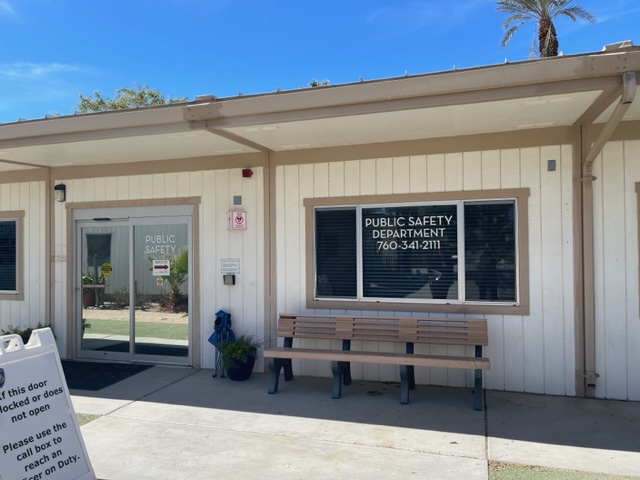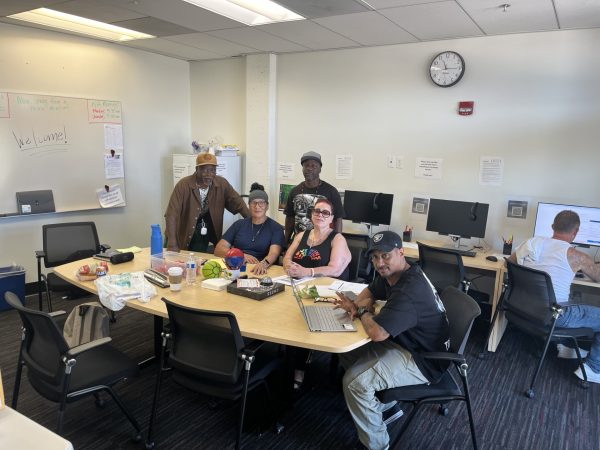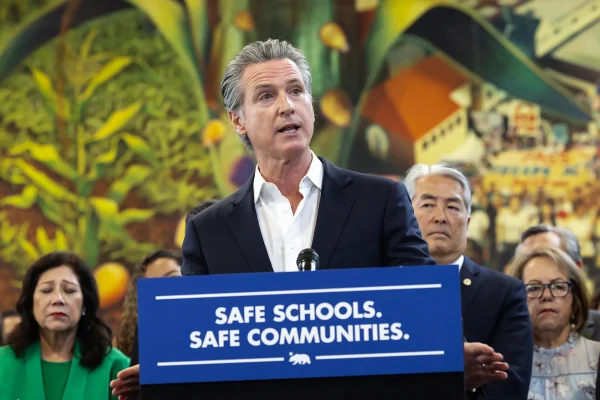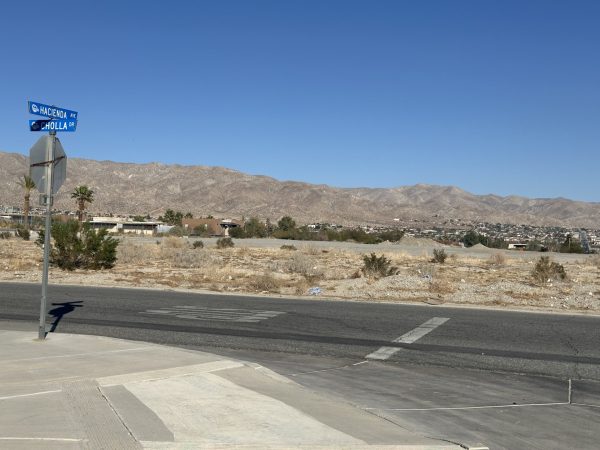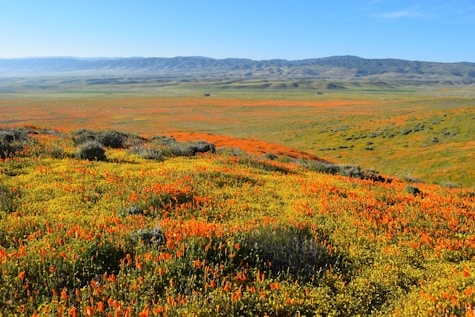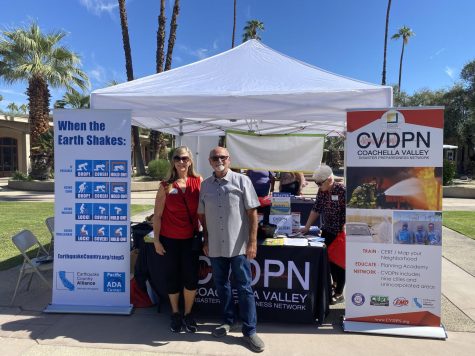Public Safety offers safety training for faculty, staff and students
Photo courtesy of The Chaparral. Public Safety Department located in the South Annex trailers across of the McCallum Theatre.
In light of the recent tragedy that took place at Michigan State University, COD’s Public Safety team tells The Chaparral what measures are enforced to guarantee security among the people attending College of the Desert. The Director of Public Safety, Tim Nakamura, understands the importance of protecting students as his job and as a caring patron in our tight-knit community here in the desert.
According to the CDC, nearly 53 people are killed every day by firearms. Gun violence is a rampant issue in our world, especially in America where there aren’t enough regulations when it comes to purchasing and owning a gun. No matter how many laws are applied, there is always uncertainty when walking into any public setting. It sort of creeps up on you, but your day continues with an undeniable feeling that something can happen at any given moment.
Dr. Nakamura’s job duties include maintaining daily safety operations for the campus community within College of the Desert and making sure all functions are performed in terms of safety protocol prevention. When unforeseen circumstances do occur, his objectives are to resolve such events as quickly as possible. The department is offering active shooting training for faculty, staff and students.
Chaparral: What safety measures have been introduced lately?
Tim Nakamura: What we’ve done in the last seven years that I’ve been here is we have increased the number of officers within the department. We changed from a security department to a public safety department and again expanded the number of officers that we have. That change occurred based on the level of training for each officer and so forth so it’s a higher level than before. We’ve increased our patrol areas, which cover areas like Mecca, Palm Springs and Indio, as well as Palm Desert and we’ve maintained and added what we need for massification and redundancy in that notification. One thing that we’ve added pre-pandemic was the ALICE training. Are you aware of…?
Chaparral: I’m not, I don’t think I’ve heard of it.
TN: Ok so, ALICE training is a very well-known training that is given to students and faculty and staff for this particular campus with regards to active shooter awareness and it is a system that trains you to basically empower you to know what to do in the event of an active shooter.
Chaparral: Do you know of any local or national laws that might be helping the safety of students on campus or even hindering it?
TN: There are federal laws like the Clery Act. That’s a federal law that mandates all institutions of higher learning (colleges, universities) we’re mandated every October 1st to turn in stats of certain crime statistics that happened on campus. I think that’s a good thing because if I have my son or daughter and they want to go to a big-name school and then, all of a sudden, we look at the crime stats and find out that there were 26 rapes and 17 assaults at this school in one year…it’s not a safe school, so that gives us the information that we need. As far as locally, every district is mandated by the board of trustees. The board of trustees is what tells us what we, as Public Safety, can and not do. That — mixed in with the Chancellor’s Office are the guidelines that we go by and could vary depending on campus to campus but for the most part we all kind of circle around the same thing.
Dr. Nakamura’s closing statement emphasized that there is no black-and-white answer when it comes to our safety because you just never know what might happen. This is very true, especially when it has to do with uncertainty. Even if there are specific regulations that may help deal with cases involving mass shootings, preventing it is a lot harder when it lives in the dark.
ALICE training is offered Tuesday and Thursday mornings for faculty, staff and students in South Annex 3 on the Palm Desert campus.
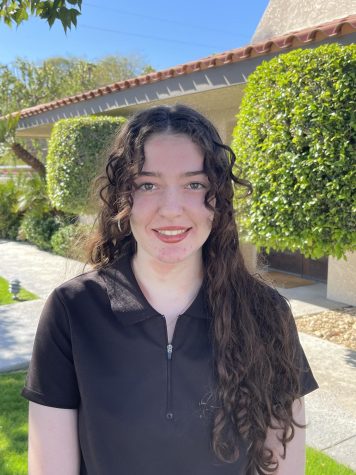
Nicole is in her last semester at College of the Desert, majoring in Journalism (AA-T). She is eager to contribute to The Chaparral as she wants to broaden...

